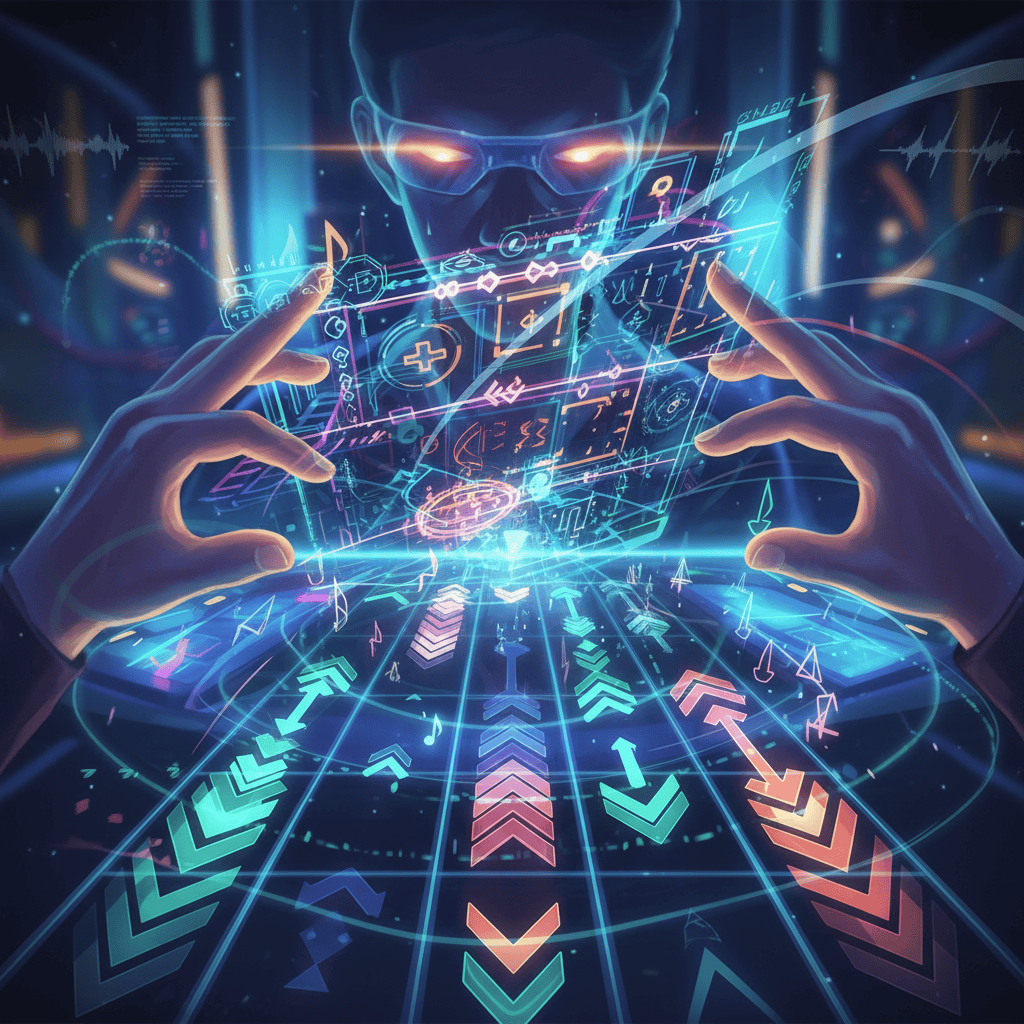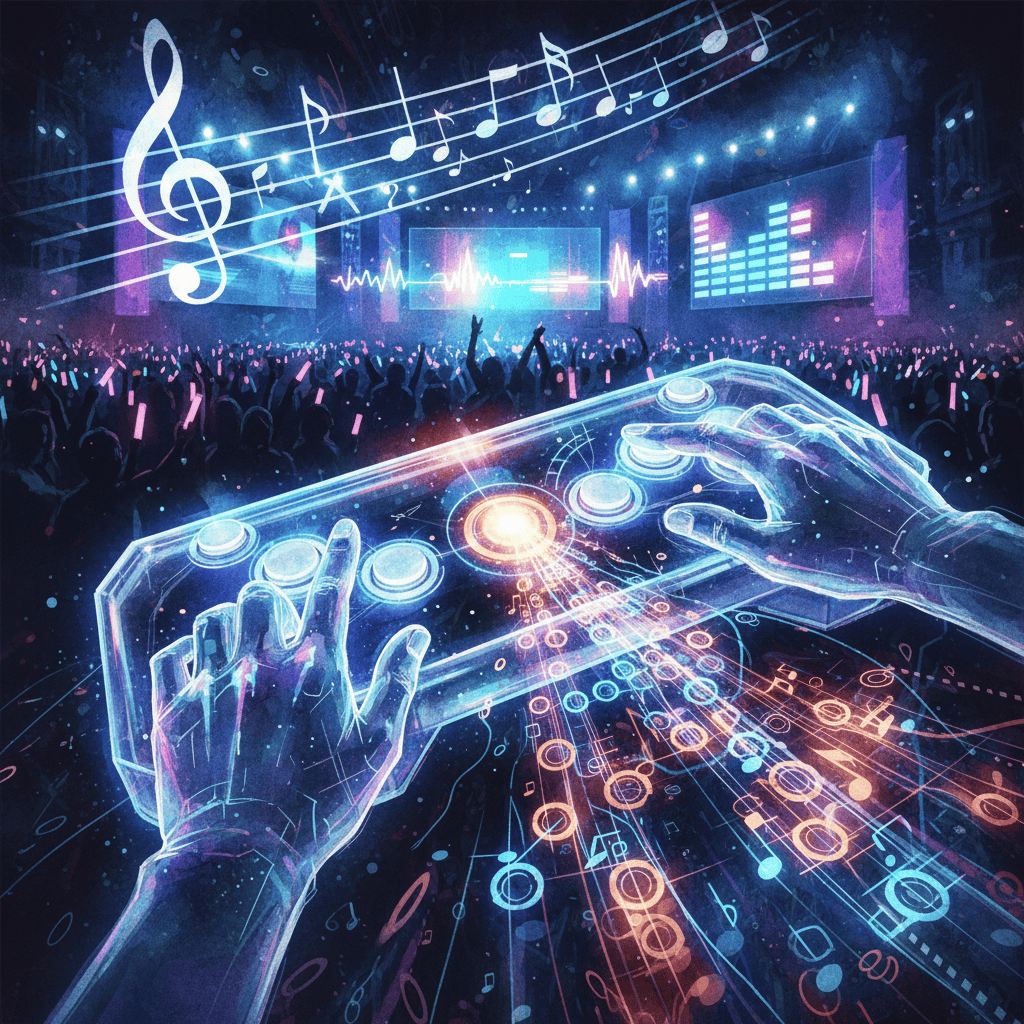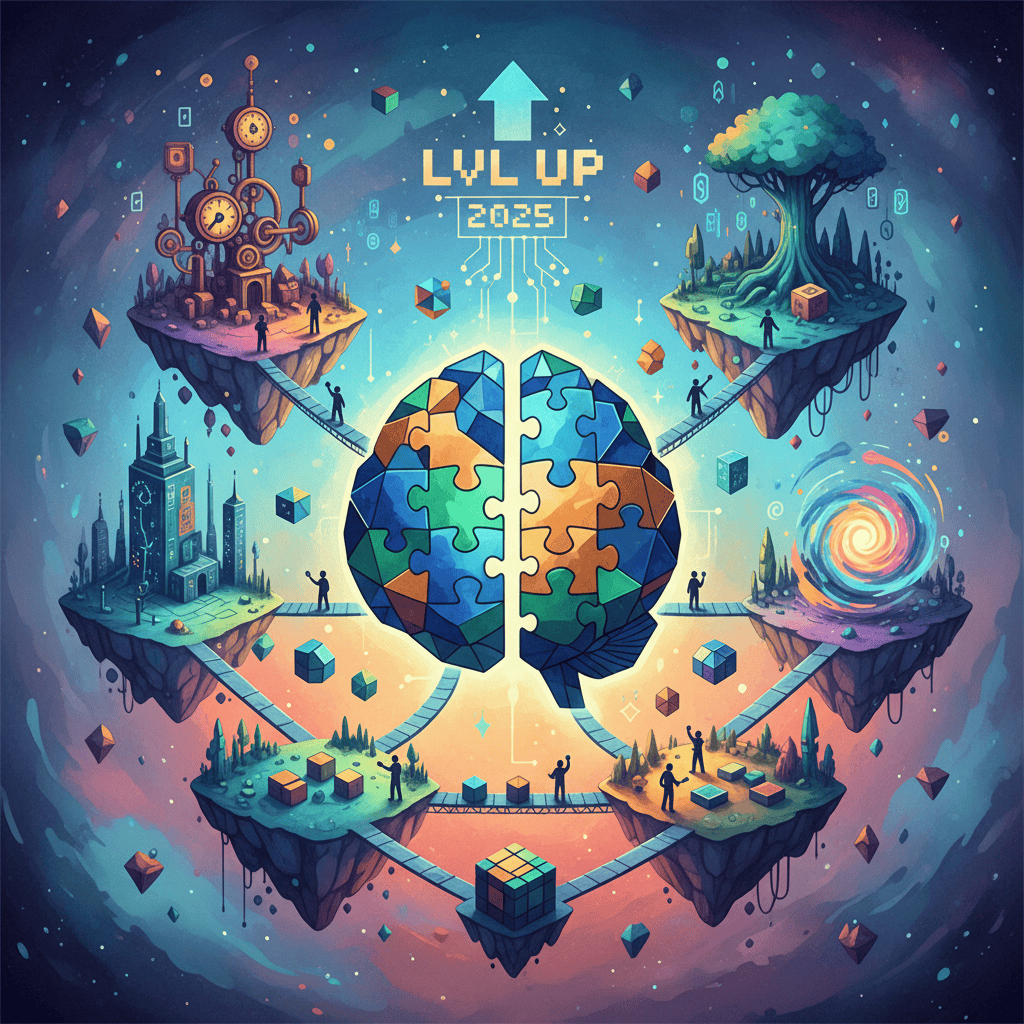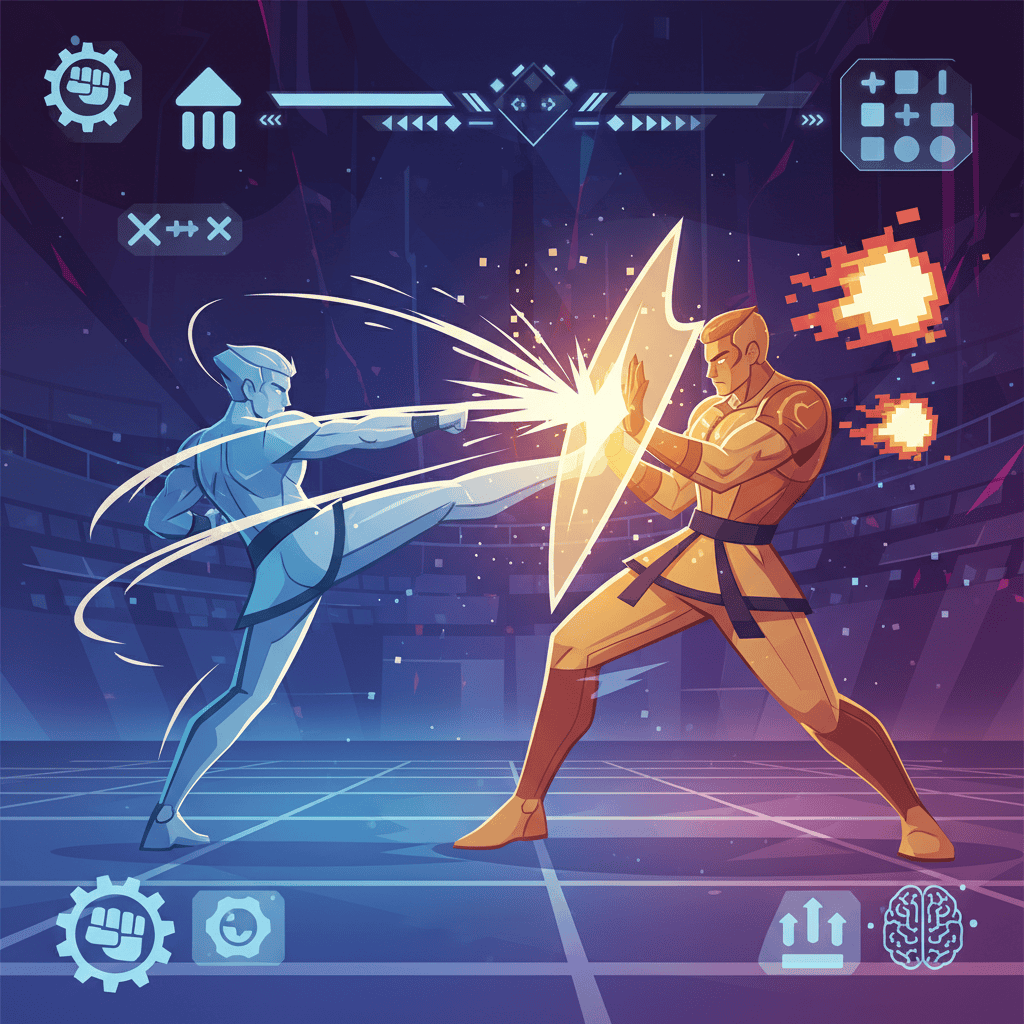So, you want to conquer the leaderboards in some of the best rhythm games? You’re staring at those impossibly high scores, the flashing lights, the taunting ghosts of players past… and you’re ready to fight. This isn’t about button-mashing; it’s about precision, prediction, and a deep understanding of the music itself. Let’s dive into the intricate world of rhythm game mastery, from the classic arcade cabinets to the latest indie sensations on Steam.
The Fundamentals: Beyond the Basics
My first experience with rhythm games was back in the mid-80s, hammering away at Dance Dance Revolution in a smoky arcade. The sheer physicality of it, the adrenaline rush of nailing that impossible combo, hooked me instantly. But hitting the notes isn’t enough – understanding the why behind the notes is key. This is where we start.

- Reading the Chart: Don’t just react; anticipate. Learn to read the note patterns before they appear. This is crucial in faster songs. Practice visualizing the upcoming sequences, almost like reading sheet music. Top players can often predict several bars ahead.
- Perfecting Your Timing: This isn’t about speed; it’s about precision. Focus on hitting the notes exactly on the beat. Understanding the game’s input lag is also vital. Different games have different sensitivities; learn your game’s nuances.
- Mastering the Mechanics: Different rhythm games have unique mechanics. Guitar Hero‘s strumming, Taiko no Tatsujin‘s drum strokes, osu!’s precise mouse clicks – each demands specific muscle memory and technique. Spend time practicing the nuances of your chosen game.
Key Takeaway: The foundation of rhythm game mastery is a combination of pattern recognition, precise timing, and a deep understanding of the game’s mechanics.
Advanced Techniques: Taking Your Game to the Next Level
Once you’ve nailed the basics, it’s time to level up. This is where the real separation happens, the realm of the elite.
- Advanced Note Reading: Look beyond individual notes. Identify recurring patterns, rhythmic motifs, and predictable sequences. The top players aren’t just reacting; they are predicting.
- Developing Muscle Memory: Repetition is key. Consistent practice builds muscle memory, allowing you to react instinctively to patterns. But mindless repetition won’t work; focus on quality over quantity.
- Utilizing Modifiers: Many rhythm games offer difficulty modifiers. Gradually increase the difficulty to push your limits and improve your reflexes. This will significantly enhance your scores and reveal where you might be weak.
- The Power of Note Speed Manipulation: In some games, you can adjust note speed. Experiment to find your optimal speed, balancing readability and challenge. This is a very personal preference. Don’t just copy what pros are doing; find your comfort zone.
- Finding Your “Flow State”: The ultimate goal is to enter a “flow state” – a state of complete immersion and focus where your actions feel effortless. This often comes with extended play sessions.
Key Takeaway: Mastering advanced techniques requires a blend of strategic thinking, physical practice, and a mindful approach to gameplay.
Game-Specific Strategies: From DDR to DJMAX
The strategies that work well in one rhythm game may not translate perfectly to another. Let’s look at a few examples:
Dance Dance Revolution (DDR)
- Footwork Efficiency: Smooth, efficient footwork is crucial. Avoid unnecessary movements. Watch high-level DDR players; their movements are economical and precise. Think of it as a dance, not just a button mash!
- Stamina Training: DDR is a physical workout. Building stamina is just as important as skill.
Guitar Hero/Rock Band
- Star Power Management: Using star power strategically can turn the tide in difficult sections. Don’t waste it!
- Grip and Technique: The way you hold the guitar controller significantly impacts your accuracy and speed.
osu!
- Accuracy Over Speed: In osu!, precision is paramount. Focus on hitting the notes accurately, even if it means playing slightly slower.
- Tablet vs. Mouse: The input method you choose dramatically affects gameplay.
The Importance of Equipment: Your Arsenal for Victory
The right equipment can make a significant difference.
| Equipment | Impact on Gameplay | Recommendations |
|---|---|---|
| Dance Pad | Precision, comfort, durability | Konami pads are generally highly regarded. |
| Guitar Controller | Accuracy, responsiveness, ergonomics | Consider higher-end controllers for better response. |
| Keyboard/Mouse | Precision, response time | Invest in high-quality peripherals. |
| Headphones | Audio clarity, timing accuracy | High-quality headphones are crucial for timing. |
The Rhythm Game Community: Learning from the Best
Don’t underestimate the power of community. Online forums, Twitch streams, and YouTube channels are treasure troves of knowledge. Watching speedruns, analyzing high-score playthroughs, and interacting with other players can drastically improve your skills. The global osu! community, for example, is an incredible source of knowledge and skill sharing.
Level Up Your Rhythm: Next Steps to Mastering the Charts
This journey to mastering rhythm games is a marathon, not a sprint. Consistent practice, mindful learning, and a deep understanding of the games’ mechanics are vital. Now, pick your game, find your community, and start challenging those high scores! Remember those early days in the arcade? That feeling of achievement is waiting for you to reclaim it.
Frequently Asked Questions (FAQ)
Q1: What are some good rhythm games for beginners?
A1: Guitar Hero Live, Just Dance, and Beat Saber offer a gentler introduction to the genre.

Q2: How can I improve my accuracy?
A2: Focus on precise timing and develop consistent muscle memory. Practice at slower speeds until the movements are automatic.
Q3: What’s the best way to learn new songs?
A3: Start by slowly learning the patterns, then gradually increase the speed. Utilize practice modes effectively.
Q4: How important is the controller in rhythm games?
A4: A high-quality, well-maintained controller is crucial for responsiveness and precision.
Q5: Do I need special skills to be good at rhythm games?
A5: While natural rhythm helps, dedication and practice are the most important factors. Anyone can improve!
Q6: Is there a difference between playing on a console and a PC?
A6: Yes, latency and input lag can differ between platforms. PC often offers more customization.
Q7: How do I deal with long songs?
A7: Break them into smaller sections. Focus on consistent performance, and remember to take breaks to avoid fatigue.
Q8: Where can I find helpful resources for rhythm games?
A8: YouTube tutorials, Twitch streams, and online communities are excellent resources.
Cracking the Rhythm: Dominating the Dance Floor




